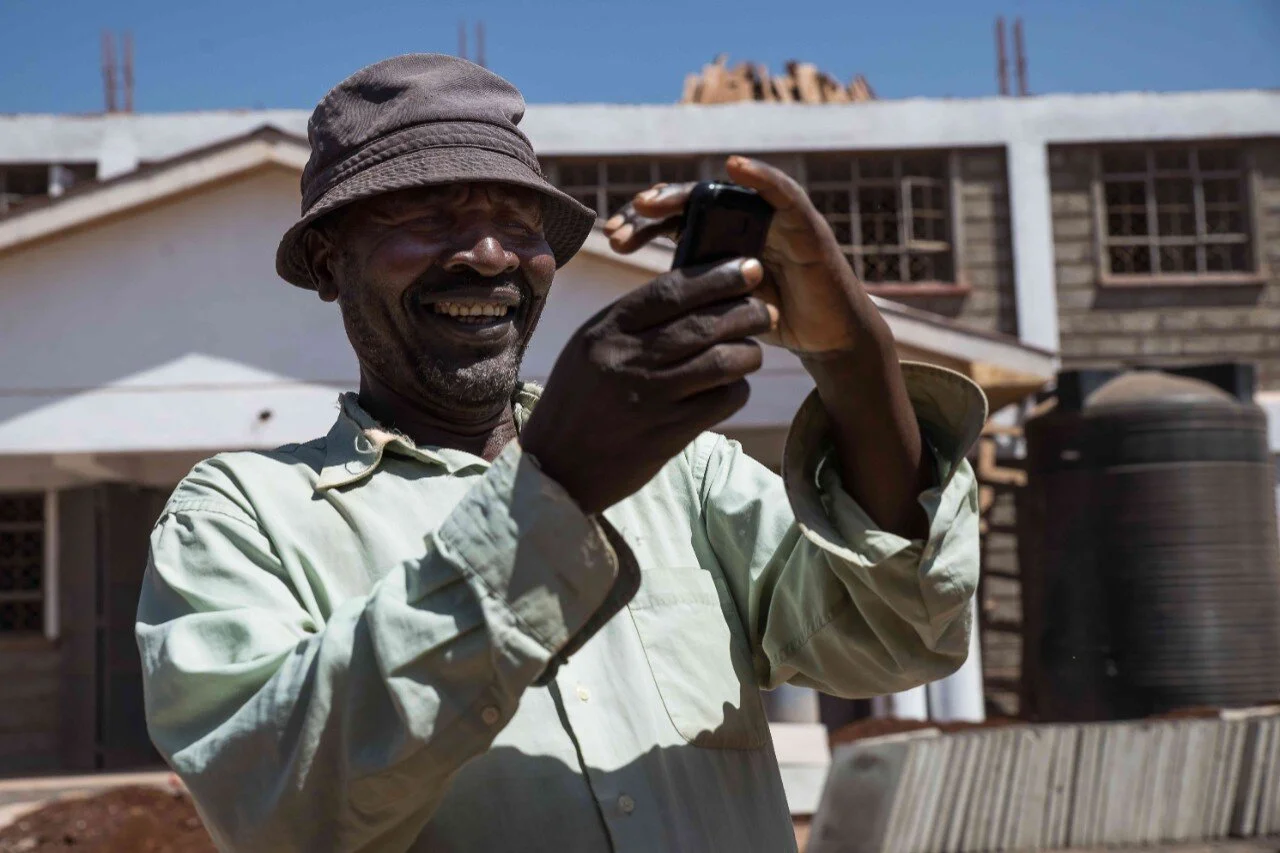Digitalization for Good
Mobile payment technologies have grown significantly in Kenya, becoming one of the largest digital financing ecosystems in the continent (UNDP).
By Emma Monson
With each day, our lives become more and more online. Especially during the current pandemic, internet access is crucial to communicate and work with others. As other aspects of our lives are shifting online, so is the economy. With the world beginning to develop a digital economy, there are many risks and rewards. The United Nations (UN) believes that a digital economy can help put people in control of their own financing , alleviate the economic impact of the COVID-19 pandemic, and move towards the UN’s Sustainable Development Goals (SDG), all of which have become feasible through information transfer capabilities.
Back in 2018, UN Secretary General António Guterres created a task force to gather information about the ever growing financial technology (fintech) and digital finance sectors. They discovered an immense possibility for digital finance to help fulfill certain SDGs.
Digital financing has helped to provide assistance to millions of people during the pandemic. Natalie Jabangwe, a member of the Task Force on Digital Finance and CEO of Ecocash, claims that 90 percent of adults in Zimbabwe are already registered on Ecocash, a mobile phone-based money transfer, financing, and microfinancing service. This widespread usage has allowed for the app to help with COVID-19 relief efforts. Ecocash released a COVID Digital Insurance Plan where policyholders who test positive for COVID-19 receive 5,000 dollars. This has helped with medical expenses along with lost income. Having the app Ecocash allows for policyholder information to be transferred easily making the COVID Digital Insurance Plan possible.
When Achim Steiner, leader of the Task Force, was asked about the impacts of COVID-19 on digital financing, he said “Things that we anticipated would happen over the next few years, have happened in weeks. The pandemic has allowed governments to see the importance of overcoming traditional limitations, and identifying and reaching the most vulnerable.” A trend is taking shape; state level investment into these technologies is on the rise.
Looking ahead, beyond pandemic relief, digital financing can have a considerable impact on infrastructure in developing countries by consolidating public information for ongoing projects. The Digital Governance of Infrastructure Initiative, more commonly known as Infrastructure 360, is an app that allows for citizens, governments, and investors to view all current information about infrastructure projects around the world. This new app will help attract funding to infrastructure projects that support the SDGs. There is currently a 2-3 trillion dollar infrastructure investment gap due to information not being transparent, which Infrastructure 360 aims to solve.
While all this information and plans for advancing the benefits of the digital economy is valuable, how will it help countries with limited technology? While internet use has grown exponentially, the UN still estimates that around 3.8 billion people in the world are without internet access. It is also estimated that around 5 billion people have a mobile phone. Mobile phone ownership is not equal across developed and developing countries; those in developing countries are more often without mobile phone access. Without having a phone or internet access it can be difficult to receive all the benefits from digital financing. The UN Task Force, however, has a plan that emphasizes investments towards the SDGs.
The Task Force recognized that switching to a digital economy is inevitable. Through digital financing the UN believes that they can capture a gap in investments that can go towards helping support the SDGs. As they gain more thoughtful investments online, they can put that money towards the SDGs and specifically connect others who do not have access to the digital economy. They also want to invest savings into long-term development projects spurring economic development.
There are risks involved with investing in a digital economy. There is a potential for a deepening of global inequality due to the technology gap between the developed and developing world. The switch to a digital economy has potential to be life changing for so many, if executed correctly.

